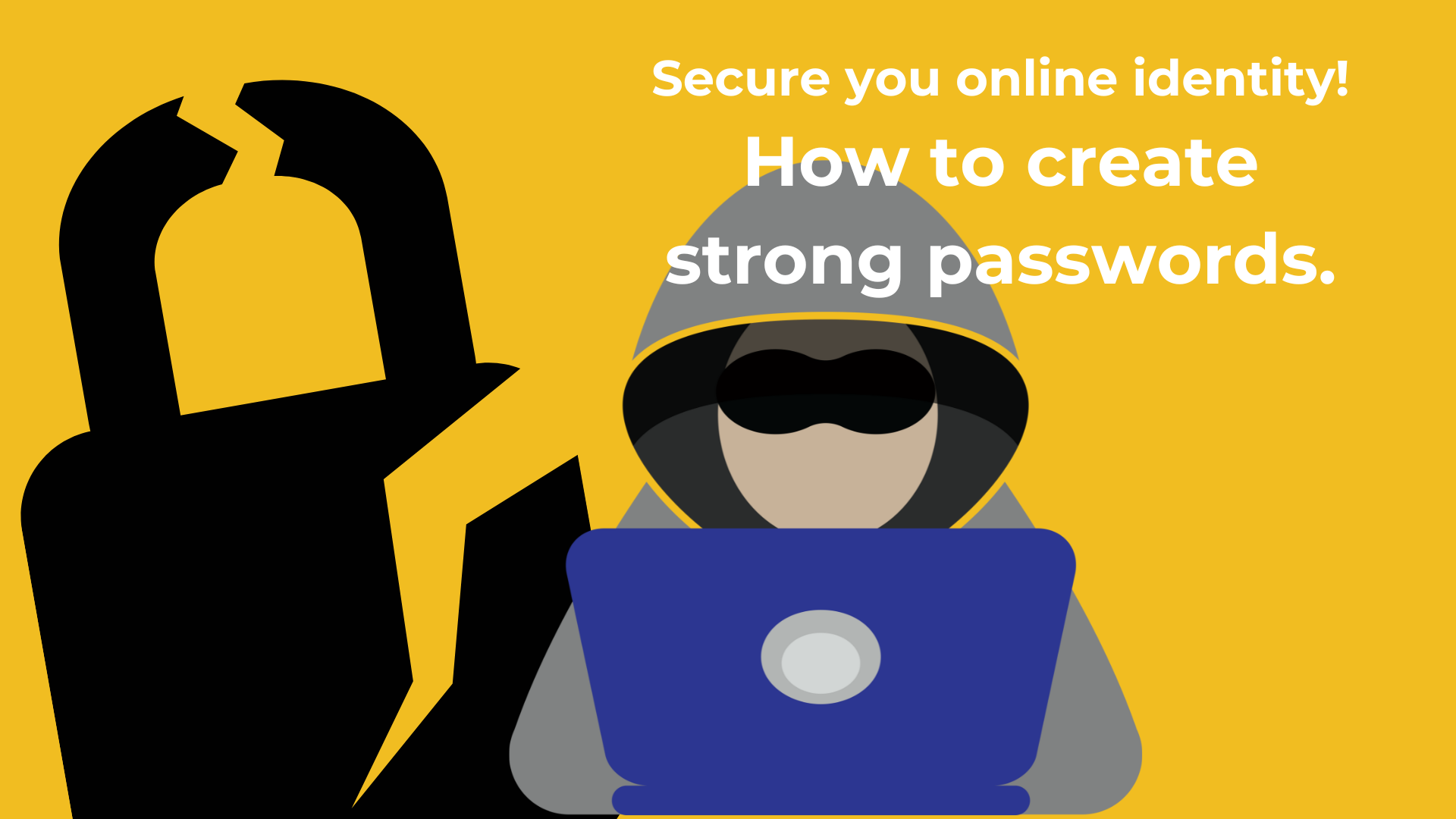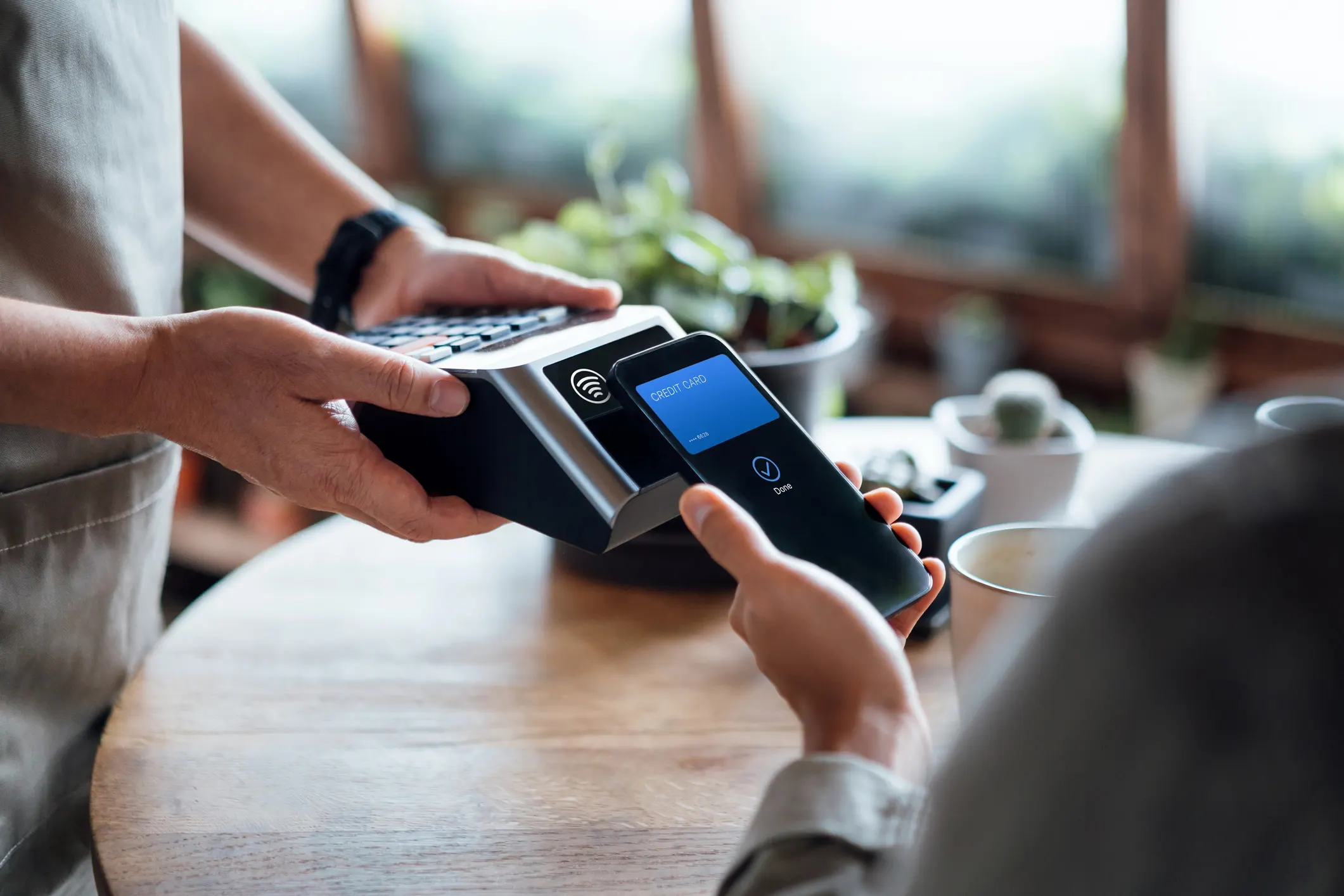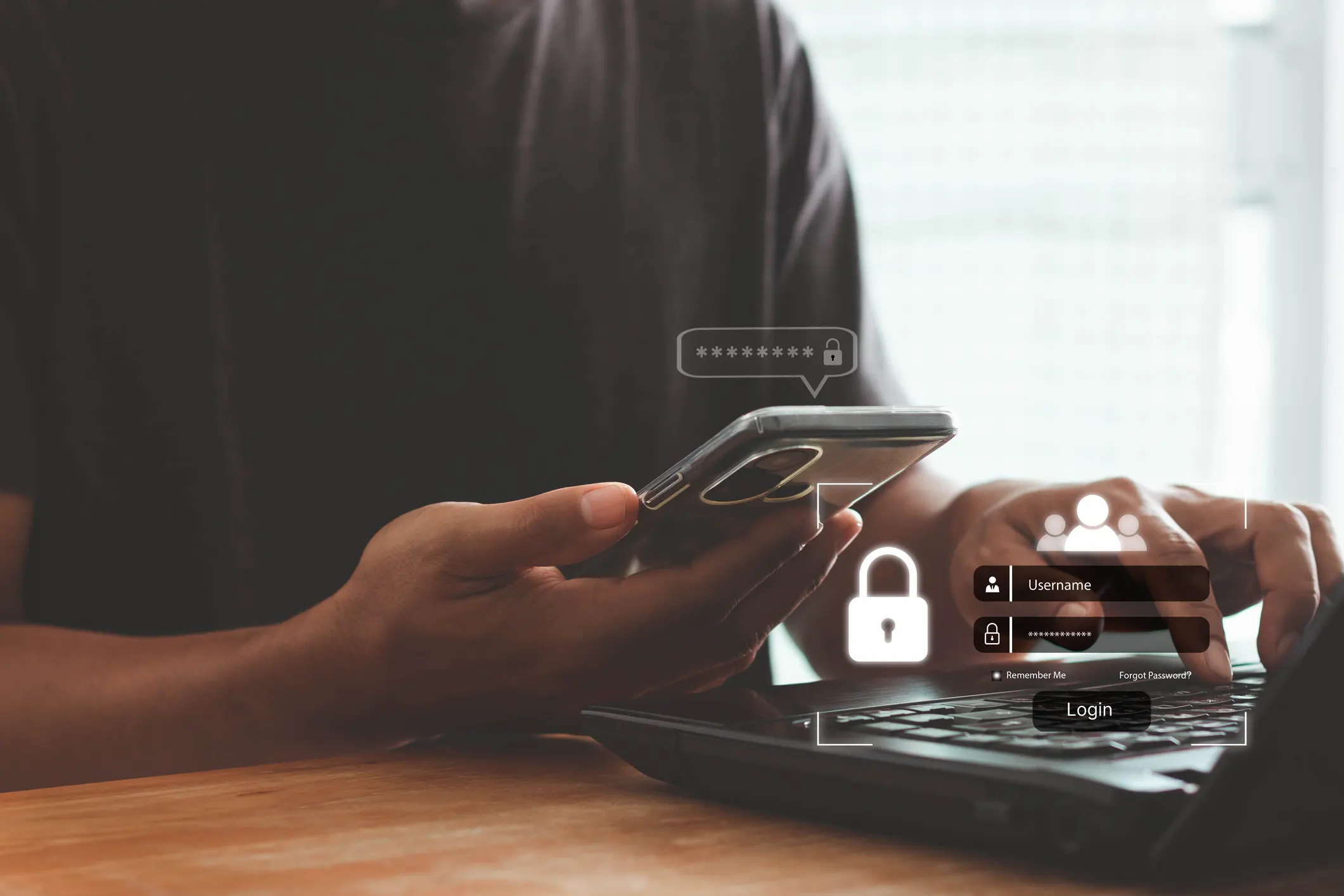
As we move deeper into the digital age, we are relying more and more on passwords to protect our personal and sensitive information. However, with the rise of hacking attempts and data breaches, it’s becoming more important to create strong and unique passwords that can’t be easily guessed or cracked. In this blog post, we’ll discuss some tips for creating strong and unique passwords to help keep your personal data safe.
Use a long passphrase for a strong, unique password
A passphrase is a longer group of words, rather than a shorter string of random characters. This approach creates a stronger and more memorable password than a traditional password. It’s also easier to type and remember than a string of random characters.
For example, instead of using a password like “hG$8#lK1”, consider using a passphrase like “TheSunsetsAreBeautifulEveryEvening”. This passphrase is much longer and more difficult to guess or crack, while also being easier to remember. This is a more unique and stronger password.
Don’t use easily guessable information
Avoid using information that can be easily found online or through social media. Information such as your name, birth date, or favorite sports team are commonly used and easily guessable. Even information like your phone number or street address should not be used in a strong, unique password.
Create a unique, strong password for each account
It’s important to use a unique password for each account you have. If a hacker gains access to one of your accounts, they could potentially gain access to all of your accounts if you’re using the same password. Using unique passwords for each account can help limit the damage if one account is hacked.
Consider using a password manager
Using a password manager can help you create and store unique and strong passwords for all of your accounts. A password manager can also automatically generate and fill in passwords for you. That makes it easier to use unique passwords for each account.
In conclusion, creating strong and unique passwords is important in today’s digital age. By using long passphrases, avoiding easily guessable information, using unique passwords for each account, and considering the use of a password manager, you can help keep your personal and sensitive information secure.




